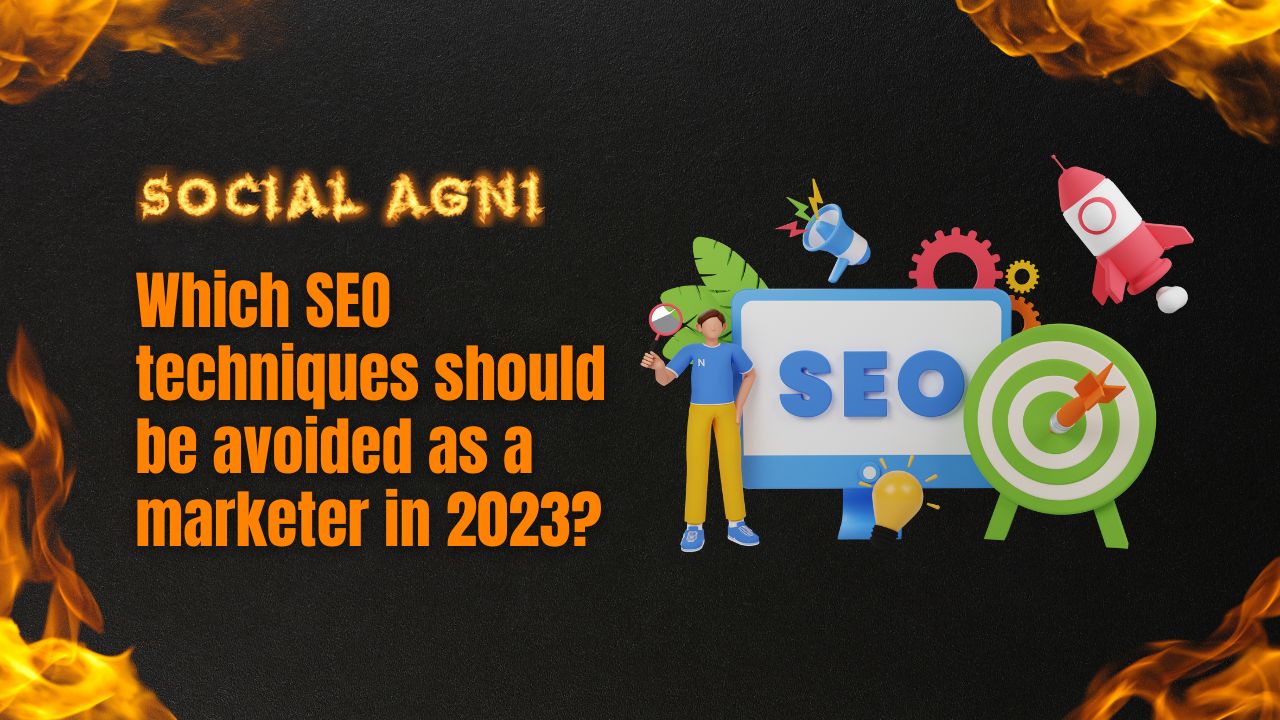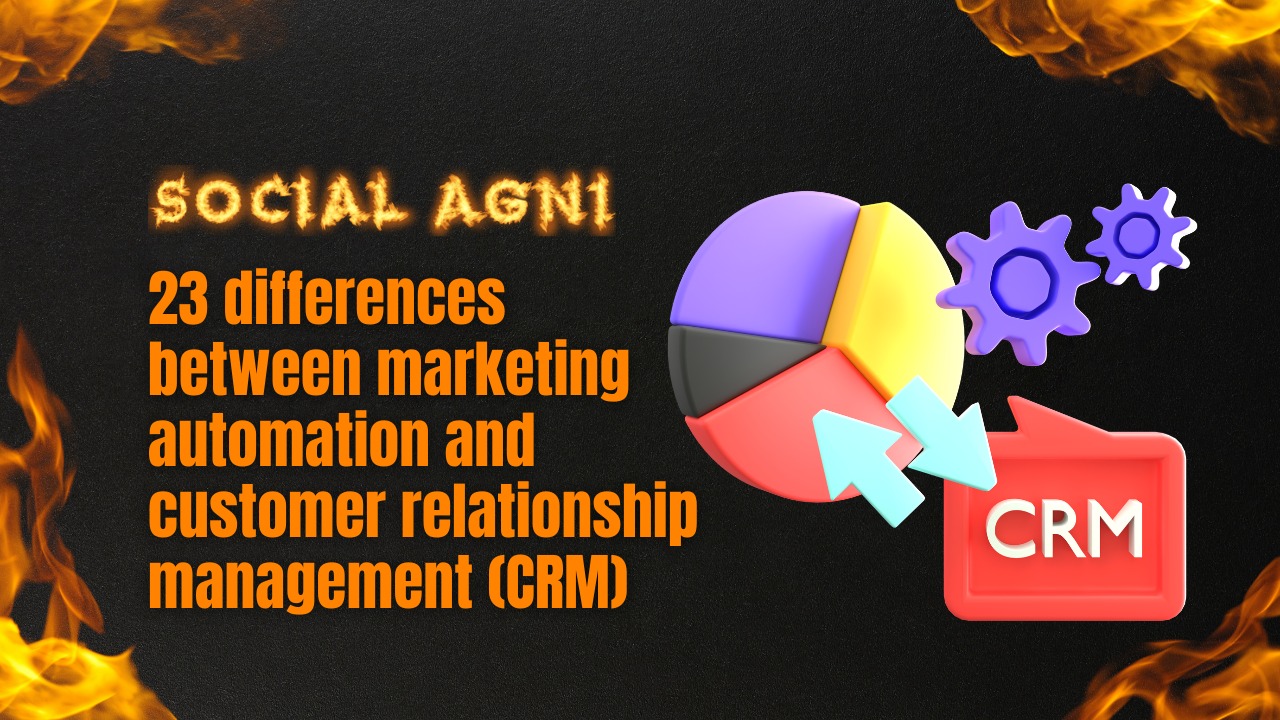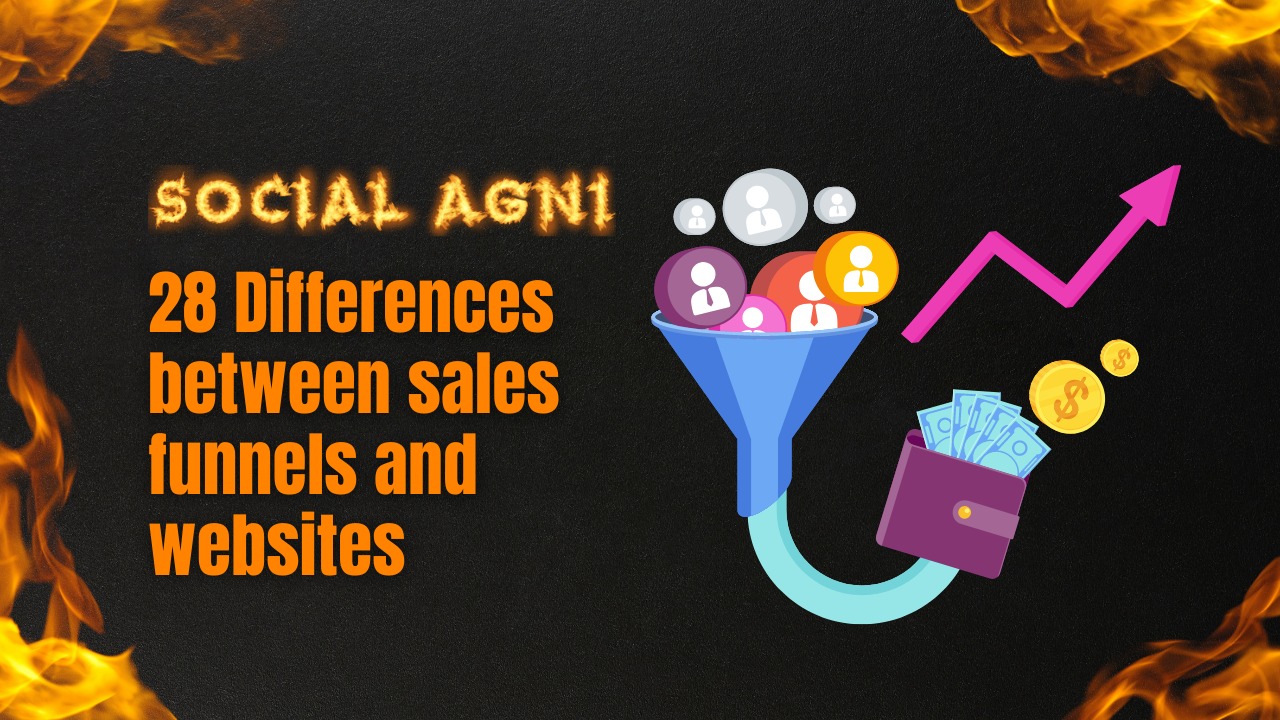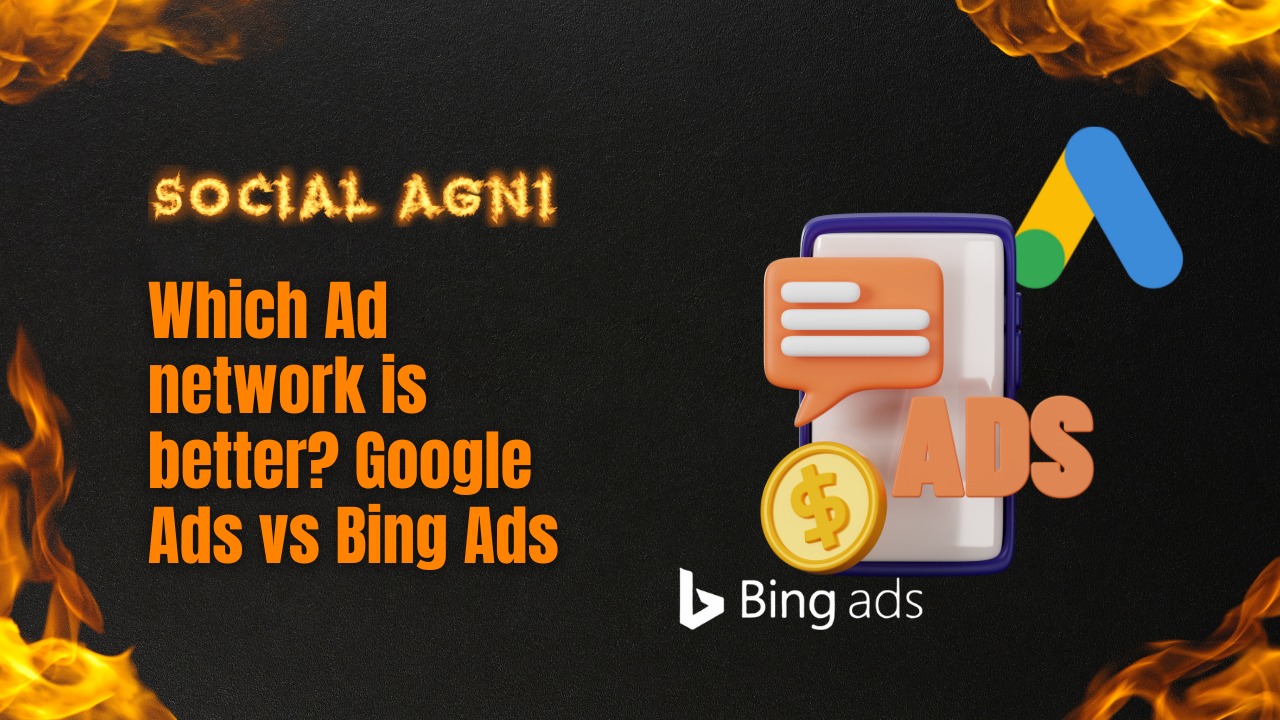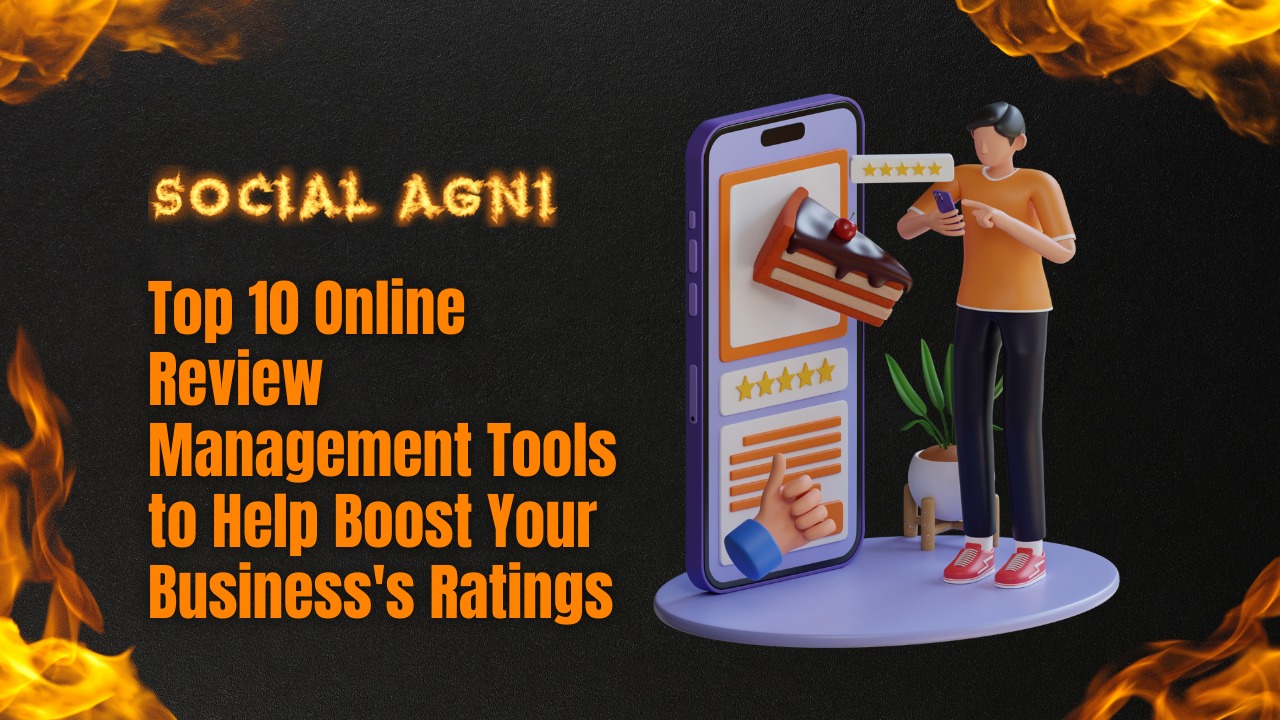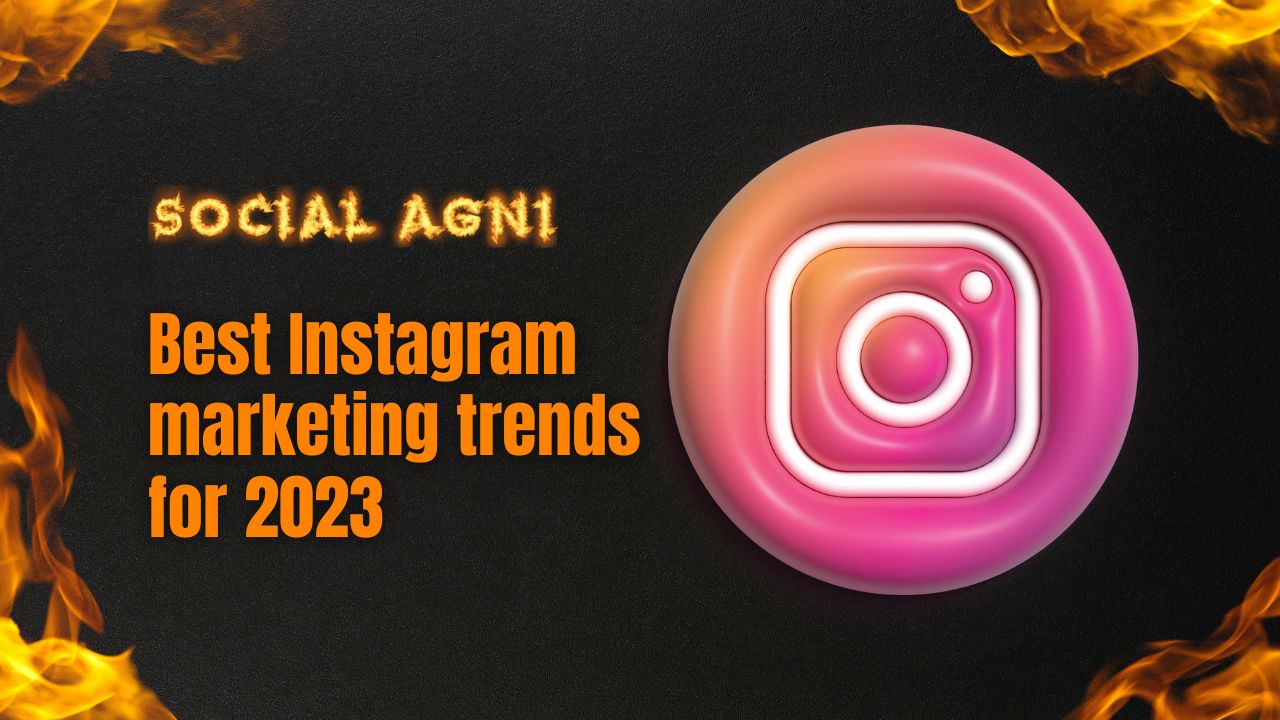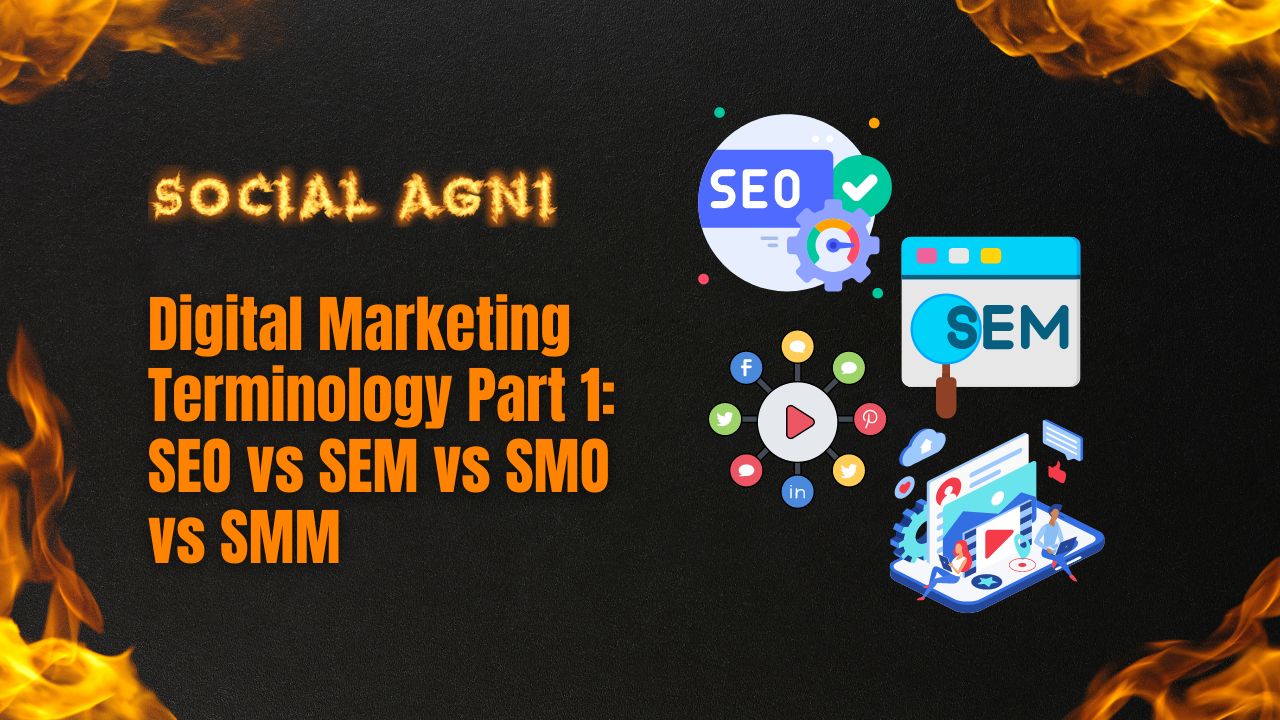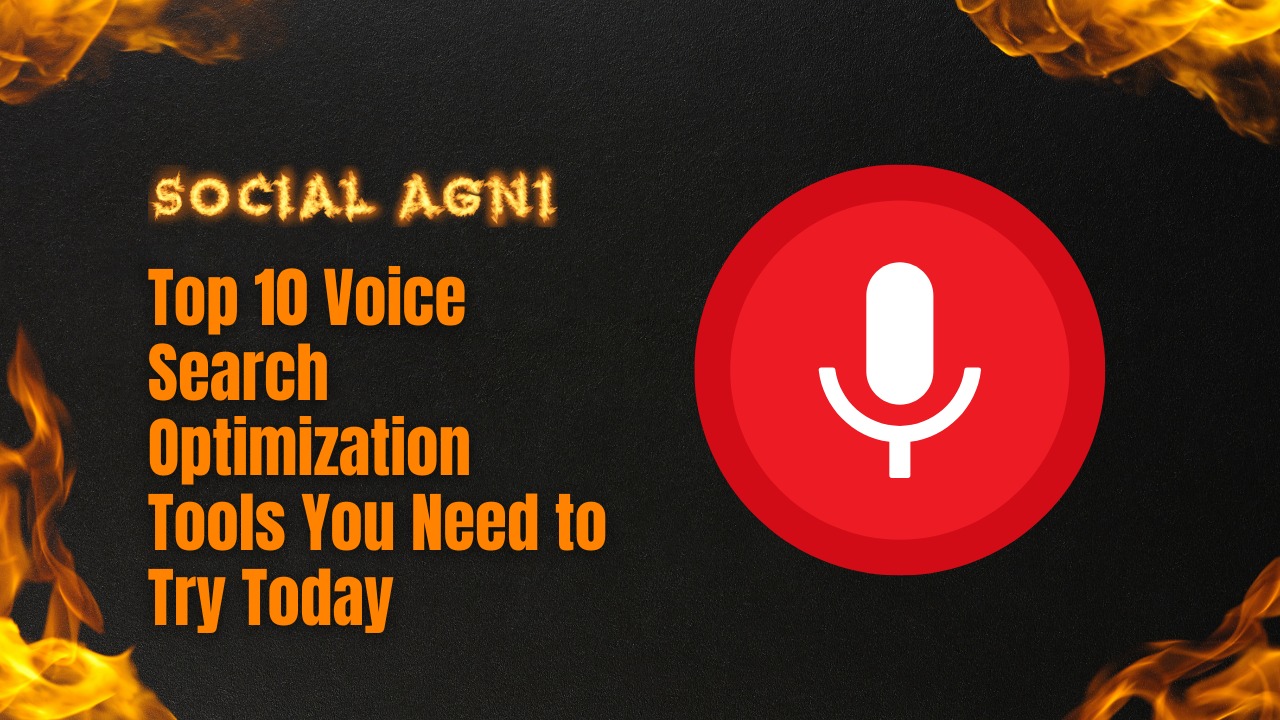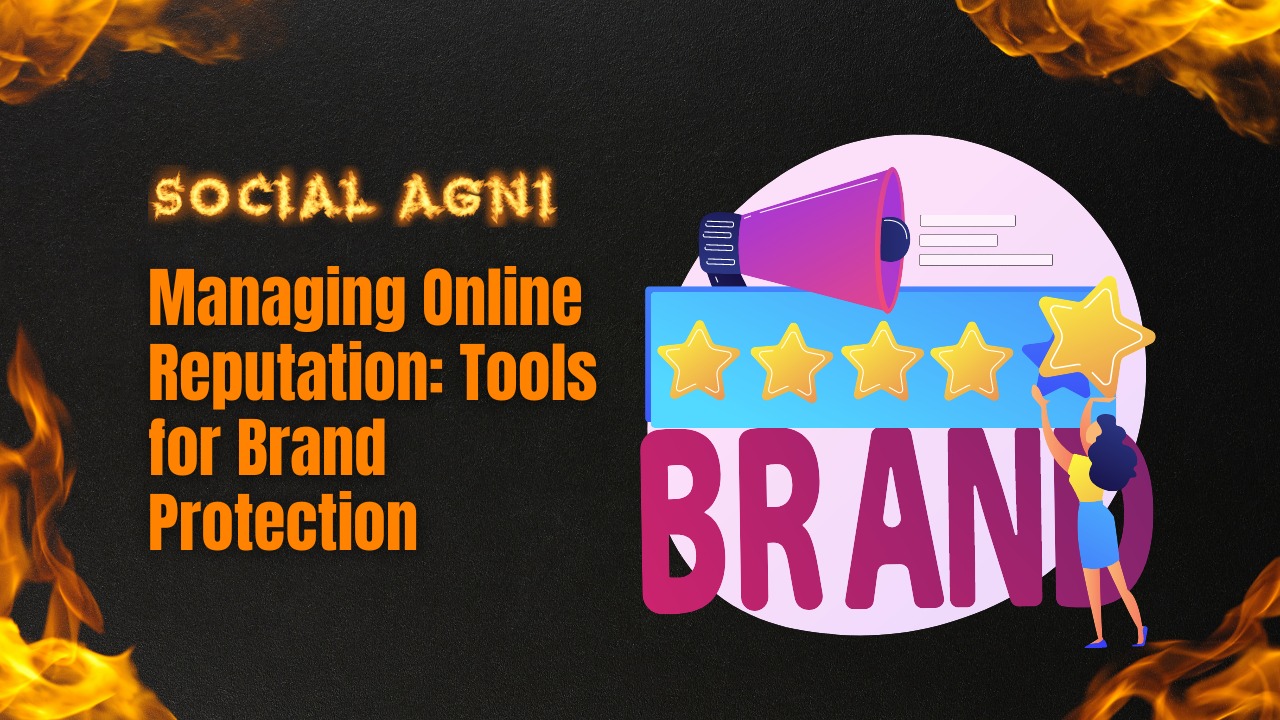SEO has become a fundamental aspect of digital marketing strategies. It is improving the ranking of a website on search engines like Google, Yahoo, and Bing. SEO is constantly evolving, and marketers need to keep themselves updated with the latest techniques and trends. Not all SEO strategies are alike. Some SEO techniques that were once considered effective may no longer work in the future. In this article, we will discuss the SEO techniques that marketers should avoid in 2023.
Keyword Stuffing
Keyword stuffing is the practice of repeating keywords repeatedly in the content to rank higher on search engines. This technique was once considered effective, but it is no longer the case. Search engines have become more sophisticated and can detect when keywords are being stuffed into the content. This not only results in low-quality content but can also lead to penalties from search engines. Instead of stuffing keywords, marketers should focus on creating high-quality content that applies to the topic and provides value to the users.
Cloaking
Cloaking is a technique where a website presents different content to search engines and users. This technique is considered unethical, as it is misleading to both search engines and users. Search engines can detect when a website is using cloaking and penalize it. Marketers should avoid this technique and instead focus on creating a user-friendly website that provides value to the users.
Negative SEO
Negative SEO techniques refer to tactics used to harm the search engine ranking of a competitor’s website. One common method used in negative SEO is the creation of fake profiles and posting negative online reviews for the competitor’s services and products. However, engaging in such actions can cause severe penalties from search engines, such as Google. It is important to note that unethical tactics like negative SEO can ultimately harm a business’ reputation and should be avoided.
Click bait
Click bait is a tactic used to entice individuals to click on a link by using misleading or sensational headlines. Despite being well-targeted, click bait can be frustrating for the reader when they click through and are faced with a poorly written article that is barely related to the title that initially caught their attention. While click bait may cause an initial increase in clicks, this will probably decline in the long run. This is because of a higher bounce rate as users realize they were misled and a decrease in trust in the website. Search engines like Google may penalize websites using click bait to promote their content.
Hidden Text
Hidden text is the practice of hiding text on a website by using a similar color as the background color. This technique is used in an attempt to rank higher on search engines by including keywords in the hidden text. Search engines can detect this technique and penalize the website for using hidden text. Marketers should focus on creating high-quality content that applies to the topic and provides value to the users.
Paid Links
Paid links are links that are purchased from other websites to increase the ranking of a website on search engines. This technique is considered unethical, as it is misleading to both search engines and users. Search engines can penalize websites for using paid links and can cause a decrease in the website’s ranking. Marketers should focus on building high-quality links from reputable websites instead.
Doorway Pages
Doorway pages are pages that are created specifically for search engines and are not intended for users. This technique is used to rank higher on search engines by creating pages that are optimized for specific keywords. Search engines can detect this technique and penalize the website for using doorway pages. Marketers should focus on creating high-quality content that applies to the topic and provides value to the users.
Fake reviews
Fake reviews are false statements made by fake profiles. This can involve creating positive reviews on your own website. While it is possible to do this, it is dishonest and deceitful towards potential customers. Instead, concentrate on offering top-notch products and services and you will naturally receive sincere and positive reviews.
Thin Content
Thin content is the practice of creating low-quality content intending to rank higher on search engines. This technique is no longer effective as search engines have become more sophisticated and can detect when content is of low quality. Using low-quality content can cause penalties from search engines. Marketers should focus on creating high-quality, original and relevant content that provides value to the users. This will not only help in ranking higher on search engines but also improve the user experience and build a good reputation for the brand.
Over-Optimization
Over-optimization is the practice of optimizing a website too much intending to rank higher on search engines. This technique can lead to penalties from search engines, as it can be considered spamming. Marketers should focus on creating high-quality, original and relevant content that provides value to the users and use optimization techniques in moderation.
Conclusion
In conclusion, marketers should avoid these 10 SEO techniques in 2023 as they are no longer effective and can lead to penalties from search engines. It is important for marketers to stay updated with the latest trends and techniques in SEO and to focus on creating high-quality content that is useful for users. The focus should be on creating a user-friendly website that provides value to users. By avoiding these SEO techniques, marketers can ensure that their website is in compliance with search engine guidelines and is able to rank higher on search engines.
Frequently Asked Questions (FAQs)
Why is keyword stuffing no longer effective in SEO?
Keyword stuffing is no longer effective in SEO because search engines have become more sophisticated and can easily detect this technique. This technique can lead to penalties from search engines and harm the ranking of the website.
Can a website get penalized for using cloaking?
Yes, a website can get penalized for using cloaking as it is considered unethical by search engines. Cloaking involves showing different content to search engines than to users, which can be seen as an attempt to manipulate search engine rankings.
Is it okay to use low-quality links in SEO?
No, it is not okay to use low-quality links in SEO. Low-quality links can harm the ranking of the website on search engines and can lead to penalties. It is important to focus on building high-quality, relevant, and original links to improve the ranking of the website.
What is the importance of original and high-quality content in SEO?
Original and high-quality content is important in SEO as it provides value to users and helps in ranking higher on search engines. High-quality content can improve the user experience and build a good reputation for the brand.
Why should marketers avoid using hidden text in SEO?
Marketers should avoid using hidden text in SEO as it is considered unethical by search engines and can lead to penalties. Hidden text involves hiding keywords or text on a page with the intention of ranking higher on search engines, which is seen as an attempt to manipulate search engine rankings.
What is the impact of using paid links on the ranking of a website?
Using paid links can have a negative impact on the ranking of a website as it is considered unethical by search engines. Paid links can lead to penalties and harm the reputation of the brand.
Why are doorway pages considered unethical in SEO?
Doorway pages are considered unethical in SEO as they are created intending to manipulate search engine rankings. Doorway pages are low-quality pages that redirect users to another page, which can be seen as an attempt to manipulate search engine rankings.
What distinguishes link farming from constructing high-quality links?
Link farming is the practice of creating low-quality links in bulk intending to increase the ranking of a website on search engines, while building high-quality links is the practice of creating high-quality, relevant and original links to improve the ranking of the website. Building high-quality links is an ethical and effective way to improve the ranking of the website, while link farming is unethical and can lead to penalties.
Can fake reviews be detected by search engines?
Yes, fake reviews can be detected by search engines, and search engines may take action against the website or business that created them.
What are the benefits of avoiding over-optimization in SEO?
The benefits of avoiding over-optimization in SEO include avoiding penalties from search engines, improving the user experience and building a good reputation for the brand. Over-optimization can lead to penalties, as it can be seen as an attempt to manipulate search engine rankings, while focusing on high-quality content and moderation optimization can improve the ranking of the website and provide value to users.
What is link farming in SEO?
Link farming is a negative SEO tactic where a website creates many low-quality links to manipulate search engine rankings.
What are high-quality links in SEO?
High-quality links are links from trustworthy and authoritative websites that provide valuable and relevant content to users. These links are considered valuable for SEO because they signal to search engines that a website is important and relevant.
How does link farming affect SEO?
Link farming can have a negative impact on SEO because search engines consider it spammy and manipulative. If search engines detect a website engaging in link farming, they may penalize the site or even remove it from search engine results altogether.
Why are high-quality links important for SEO?
High-quality links are important for SEO because they signal to search engines that a website is trustworthy and authoritative. This can improve a website’s ranking in search results and increase visibility to potential customers.
How can you determine if a link is high quality?
To determine if a link is high-quality, look for links from reputable websites with relevant and valuable content. The website should also have a strong online presence and high authority.
References
- https://www.silverdisc.co.uk/blog/2023/01/13/10-seo-techniques-avoid
- https://www.quora.com/How-do-paid-links-affect-the-ranking-in-search-engines
- https://www.quora.com/Can-Google-detect-fake-reviews
- https://privi.in/which-seo-techniques-should-you-avoid-in-2023/
- https://www.link-assistant.com/news/outdated-seo-tactics.html
- https://www.quora.com/What-is-the-difference-between-link-farming-and-link-exchanging
